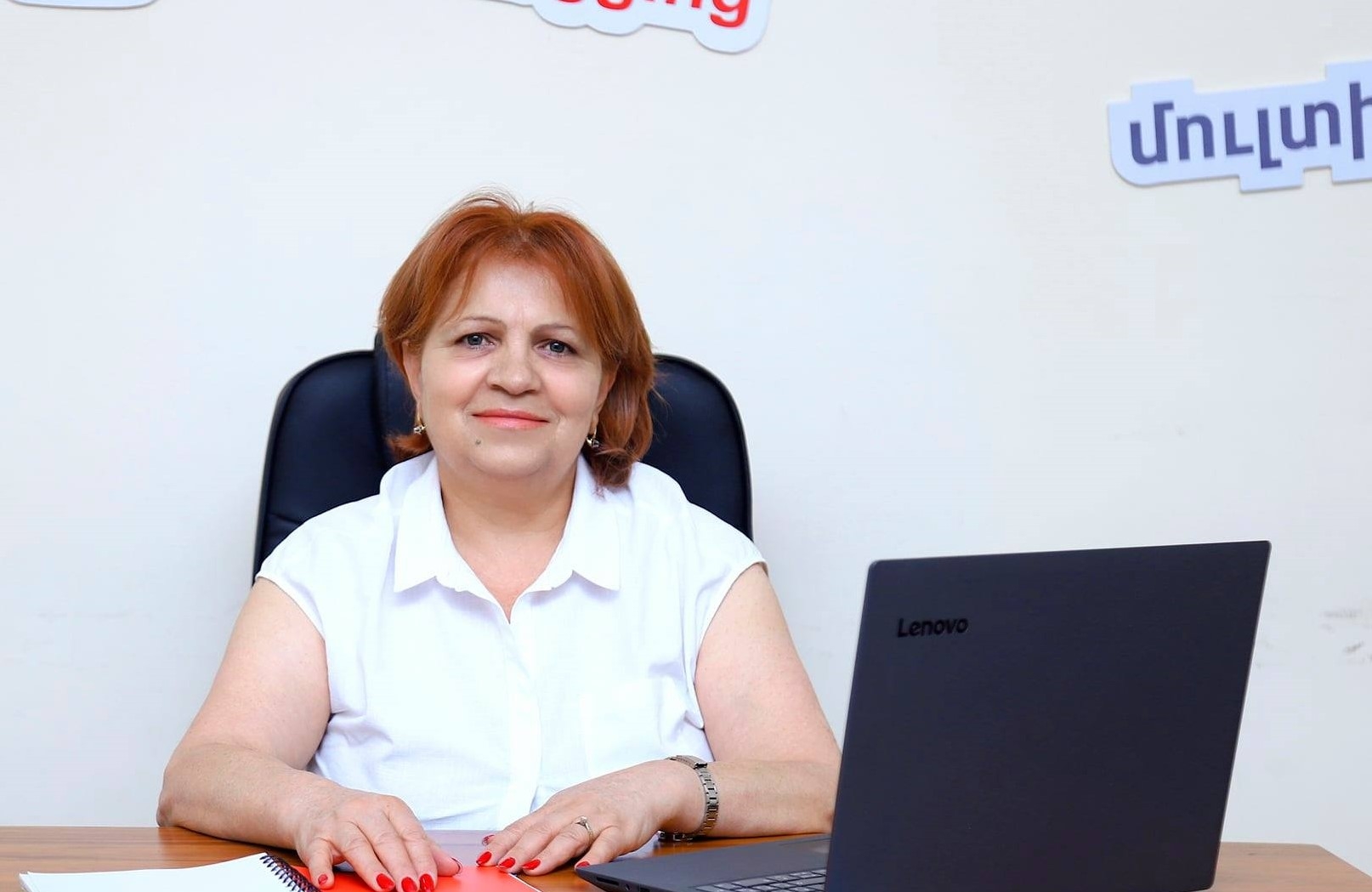During the battles that lasted for hours in the Syunik region on November 16, people stopped paying attention to information flows. The issue of personal security came to the fore.
This is how the president of the Goris Press Club Susanna Shahnazaryan described the situation. During those and the following days, according to her, people did not think about where to get information, but how to protect themselves and evacuate their families if necessary.
She said that there was a lack of information, but it did not cause panic, people called and made inquiries from various sources to understand the degree of danger. In addition, the 44-day war of 2020 seems to have taught people how to deal with information in such a situation.
In other words, did people learn to respond adequately in the conditions of the information vacuum?
It is not that people did not need or do not need to be informed. Moreover, various pieces of false information started to appear, mainly at the level of gossip. It is important, however, that they are not widely circulated on social networks and do not cause panic.
People have also become cautious in telephone conversations, this is the result of the lessons learned from last year’s war.
There are some internal political provocations, special cases, but in general, people understand that information warfare accompanies hostilities and caution is needed.
Maybe the reaction of the people is conditioned by the unstable situation in Syunik and bad expectations. It seems that the media does not bring the issue to the field of discussion, but adds salt to the wound with unverified, false information.
Yes, since May, people have not been able to return to normal life, they do not know at all what can happen when the enemy is very close, shows aggression, puts up checkpoints. In a word, it threatens the civilian population.
This attack by Azerbaijan was expected after the story with the checkpoints, but it also opened a door to new uncertainties. At first, we heard explosions and it was not clear what was happening. In this situation, the Goris Council of Elders had convened a meeting, but since it was a closed meeting, the information could not be made public.
Small communities, individual organizations could not get information quickly, but the public relations department of the regional administration could and was obliged to fill the lack of information with its resources.
In fact, people received information from the Ministry of Defense and some Yerevan websites. Taking into account that the residents of the region are the target, steps should have been taken to provide information on the spot.
Are the local authorities not interested in this issue?
It’s not that they are not interested, but they do not deal with this issue. They do not feel responsible for informing, warning and coordinating people.
A few days before, when the Azerbaijani side set up checkpoints, one of the teachers, who was supposed to go to a class in the village of Vorotan, was surprised to see the road closed. Meanwhile, they had to be informed in advance of what was waiting for them in the morning. No excuses of not being aware or having just learned about it from the media can justify such an attitude.
The Provincial Administrations office had to provide information about the situation through its Facebook page, through communication with the communities, so that people could make decisions about what to do next.
In the conditions of a lack of information, people were still able to conduct themselves correctly, not to believe in gossip or spread false information and so on.
The Provincial Administration’s office responds only when it has been criticized. In that case, what is the public and press relations department part of the regional state structure for?
How did the regional media react to the situation? Do they not have a responsibility in this matter?
We do not have many media outlets in the region, the problem is also the resources. In general, communication is not well organized in the region. There is little investigative, analytical content, the existing ones are varying, mainly politicized opinions.
There are few realistic, problem-solving materials in the local media.
On November 16, “Syunyats Yerkir” provided official information along with its main content, and the materials of “Zangezur” TV were mainly one-sided due to their political orientation.
On the other hand, there are no journalists with experience of working in combat conditions.
So, the experience of the previous war helped people not to panic after all.
The battles of November 16 were a surprise, but expected. People probably had played such a scenario in their minds, which also implies a certain behavior.
And part of that behavior was getting information from possible sources and assessing the scale of the fighting. I think that people were in contact with their relatives or acquaintances and did not wait for the late information to come from official sources.
Otherwise, there would have been panic, people would have left their homes, spread various fake videos on the networks, and the situation would have really gotten worse.
Interview by Gayane Asryan







